
The central nervous system
Humanshave what is called a central nervous system. This means that all the controlling and commanding centers of the nervous system are localized – centralized. They are located in the brain, while the spinal cord serves as a superhighway which gathers information-carrying impulses from nerves all over the body and sends corresponding commanding or controlling impulses from the brain to the distant nerves and body parts or organs for which the response ismeant.
Spinalcord damage
Damageto the spinal cord causes interruption in transfer or cessation of transfer of nervous impulses to and from the brain. This means that the link between a part of the body (or the entire body) and the brain is broken. It can cause lack of sensation, paralysis, cessation of function or even withering and dying out of the region that is no longer connected to the brain.
Causesof spinal cord damage
Typical causes of spinal cord damage are injury, trauma or medical conditions that may lead to loss of function of nerves located in the spinal cord. These usually arise from motor vehicle accidents, falls, acts of violence, sport injuries or diseases such as arthritis, osteoporosis and cancer, or inflammation of the spinal cord. However, it is possible to break a neck or spine and avoid injury to the spinal cord, if the nerves sustained no trauma, compression ordamage.
Symptoms
Dependingof the location of the injury and the level of injury that the spinal cord has suffered, affected person may experience loss of movement, partial or complete loss of sensation, loss of bowel and bladder control, spasms or increased reflex reactions, impairment of sexual function, sensation of stinging and pain, difficulties related to functioning of the lungs and breathing and others
Ifyou experience debilitating back pain or sensation or pressure in the head, neck or back, inexplicable weakness or lack of control and coordination in any part of the body, loss of sensation or prolonged feeling of tingling or numbness in any part of your body, loss of bladder or bowel control, problems with walking or maintaining balance, breathing problems or odd neck or head position, after injury, seek immediate medical assistance.
Personsuspected of spinal cord injury should not be moved as it could cause further damage to the spinal cord which can cause severe injury and complete paralysis. Call for help and stay still (or keep the injured person still).


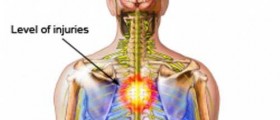
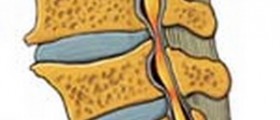

_f_280x120.jpg)
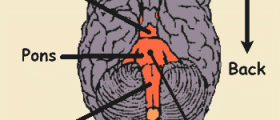
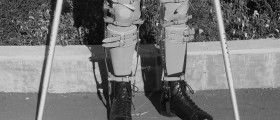
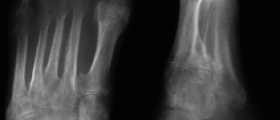

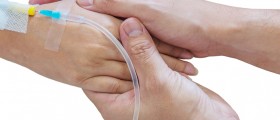
_f_280x120.jpg)
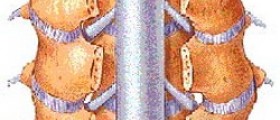


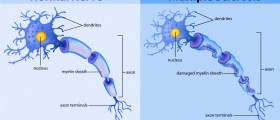
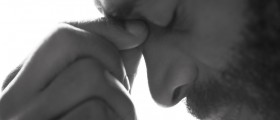
Your thoughts on this
Loading...